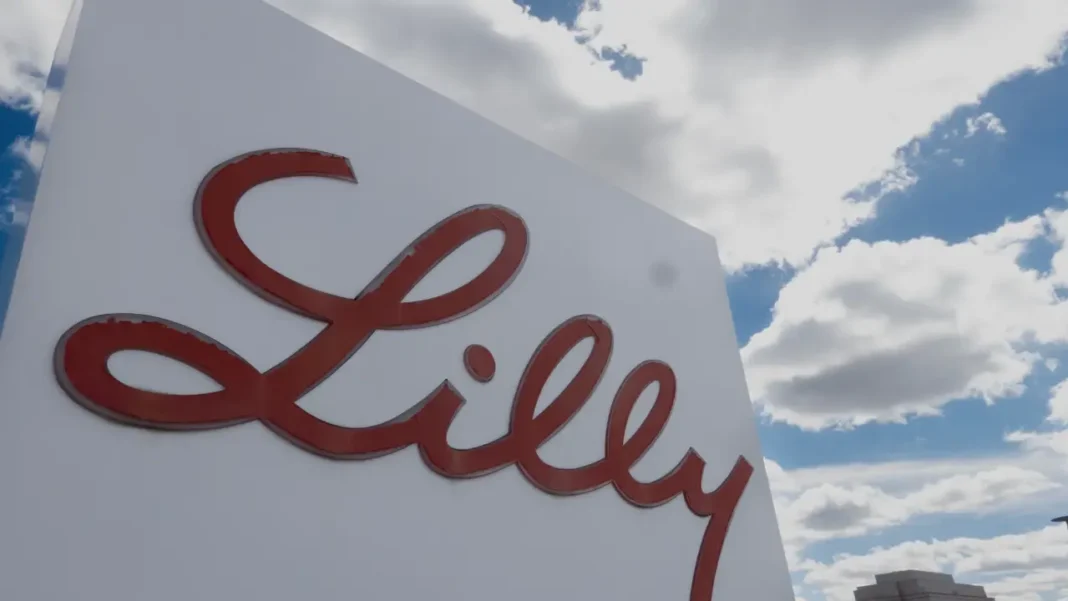Eli Lilly and Company (NYSE: LLY) reported robust first-quarter earnings for 2025, surpassing Wall Street expectations.
However, the pharmaceutical giant’s stock experienced a significant decline, dropping over 7%, following CVS Health’s decision to remove Lilly’s weight-loss drug, Zepbound, from its standard formulary in favor of Novo Nordisk’s Wegovy.
Strong Financial Performance Overshadowed
In Q1 2025, Eli Lilly achieved adjusted earnings per share (EPS) of $3.34, exceeding analyst forecasts of $3.26.
The company’s revenue reached $12.73 billion, up from $6.96 billion in the same quarter the previous year. This growth was primarily driven by strong sales of Mounjaro, a diabetes medication, which generated $3.84 billion, and Zepbound, which brought in $2.31 billion .
Despite these positive results, the company’s stock declined sharply. Investors reacted to the news that CVS Health’s Caremark pharmacy benefit manager would exclude Zepbound from its preferred drug list starting July 1, 2025.
This move favors Novo Nordisk’s Wegovy and Saxenda, potentially limiting patient access to Zepbound and impacting its sales .
CVS’s Strategic Shift
CVS Health’s decision is part of a broader strategy to manage drug costs and improve patient affordability.
By negotiating better pricing with Novo Nordisk, CVS aims to offer Wegovy at a discounted price of approximately $500 per month for uninsured customers. This pricing strategy could make Wegovy more accessible, thereby increasing its market share at the expense of Zepbound .
Market Reaction and Analyst Perspectives
The market responded negatively to these developments. Eli Lilly’s shares fell by more than 7% in early trading, reflecting investor concerns about the potential impact on Zepbound’s market performance and the company’s overall profitability.
Analysts suggest that while the exclusion from CVS’s formulary is a setback, it may prompt Eli Lilly to adjust its pricing strategy and negotiate new deals to maintain competitiveness in the weight-loss drug market .
Looking Ahead
Eli Lilly has reaffirmed its full-year revenue guidance of $58.0 to $61.0 billion but has lowered its adjusted EPS forecast to a range of $20.78 to $22.28, down from the previous estimate of $22.05 to $23.55.
The company attributes this revision to charges related to acquired in-process research and development and external trade uncertainties, including potential tariffs .
Despite the current challenges, Eli Lilly remains the world’s most valuable healthcare company, with a market capitalization exceeding $800 billion.
The company has also announced plans to invest $27 billion in U.S. manufacturing, signaling its commitment to long-term growth and innovation .
Eli Lilly’s strong Q1 financial performance demonstrates the company’s robust product portfolio and market presence.
However, the recent formulary exclusion of Zepbound by CVS Health underscores the competitive and pricing pressures in the pharmaceutical industry.
As the company navigates these challenges, its strategic responses will be crucial in maintaining its market position and achieving its financial goals for the year.
Also Read

